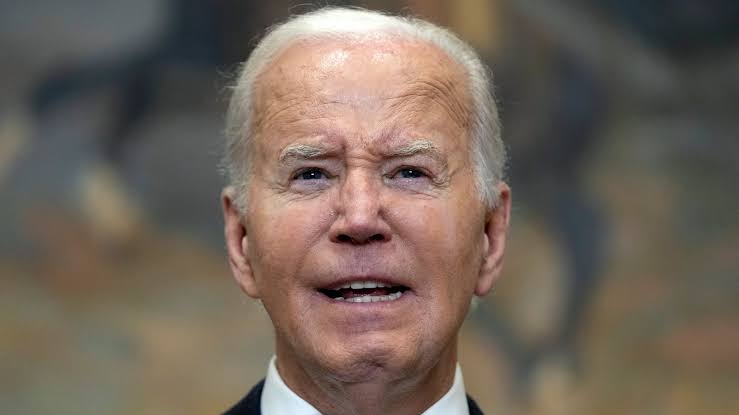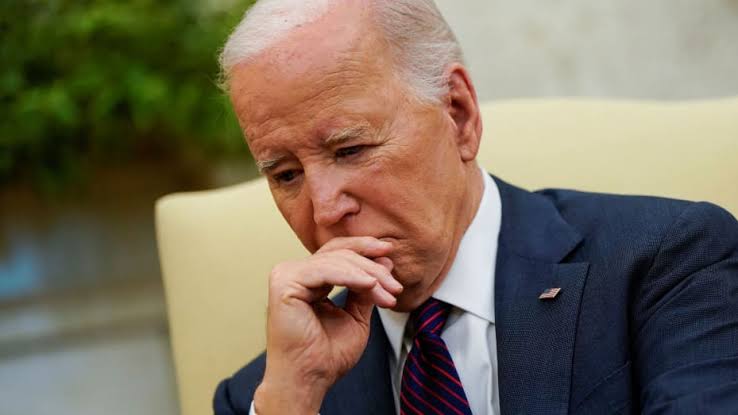In a shocking change of events, President Joe Biden has announced his resignation from the 2024 United States presidential election. This unexpected revelation has sent shockwaves through the political scene, with serious consequences for both the Democratic Party and the overall election dynamics.
President Biden’s decision to withdraw from the contest after widespread speculation and debate regarding his candidacy. Despite his administration’s accomplishments and efforts to address critical national concerns such as economic recovery and healthcare reform, Biden’s candidacy faced mounting hurdles. Concerns about his age, the status of the economy, and his approval ratings could have impacted his choice to step down.

President Biden’s unexpected withdrawal from the 2024 race marks a major shift in the electoral landscape.”
The withdrawal of an incumbent president from a re-election campaign is an uncommon and significant occurrence in American politics. It marks a new chapter in the fight for the White House, with implications for both major political parties. For the Democratic Party, Biden’s departure implies that the nomination campaign will become more contested and unclear. Prominent Democrats who were previously regarded unlikely to run may now emerge as important contenders.
The timing of Biden’s withdrawal is also critical. With the election cycle well underway, his departure will entail a quick rearrangement of the Democratic campaign strategy. This decision may complicate the party’s strategy and provide up opportunities for opponents who would not have had a chance in a race dominated by an incumbent president.

The 2024 presidential race takes a dramatic turn as President Biden steps aside from his re-election bid.
On the Republican side, Biden’s exit from the campaign is sure to elicit conflicting emotions. While some Republicans may see it as an opportunity to capitalize on the Democratic Party’s perceived disarray, others may be concerned about the possible instability it may bring to the political process. In a more unpredictable contest, the Republican Party will need to rethink its tactics and focus on establishing its vision for the nation.
Biden’s withdrawal has far-reaching consequences. It also calls into question the long-term viability of major programs and legislative initiatives advocated for by his administration. With his departure, it is unclear what will happen to ongoing initiatives like as infrastructure projects, climate change efforts, and social programs. The next Democratic nominee will face the task of addressing these concerns while crafting a way forward that is appealing to voters.
The public’s reaction to Biden’s withdrawal will most certainly be mixed. Some may regard it as a realistic decision given the challenges that his campaign faces, while others may see it as a disappointment or missed opportunity for leadership continuity. Media coverage and public conversation will have a big impact on how people perceive this unique occurrence.
In conclusion, President Joe Biden’s decision to withdraw from the 2024 presidential election represents a watershed event in American politics. It changes the electoral picture and adds uncertainty to the battle for the White House. As both parties adjust to this new reality, their priorities will shift to recruiting and supporting new candidates, solving critical policy concerns, and interacting with a dynamic and evolving electorate. The coming months will be essential in defining the course of American politics and the country’s leadership.